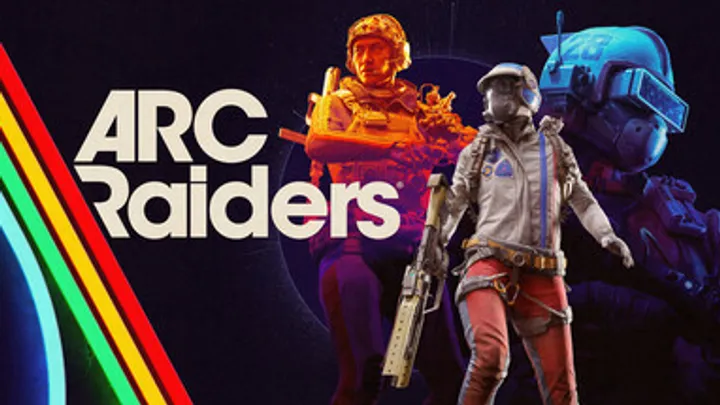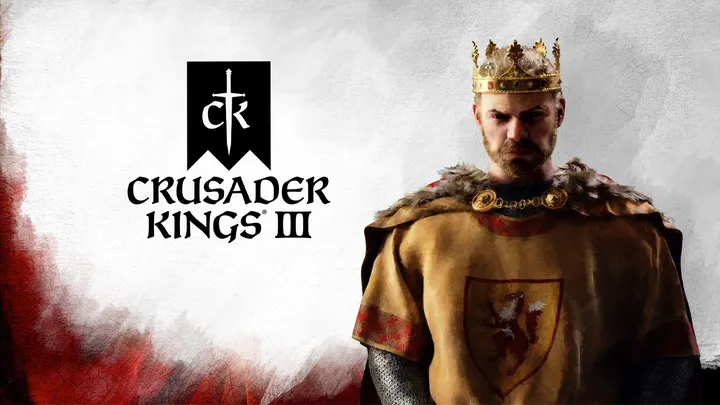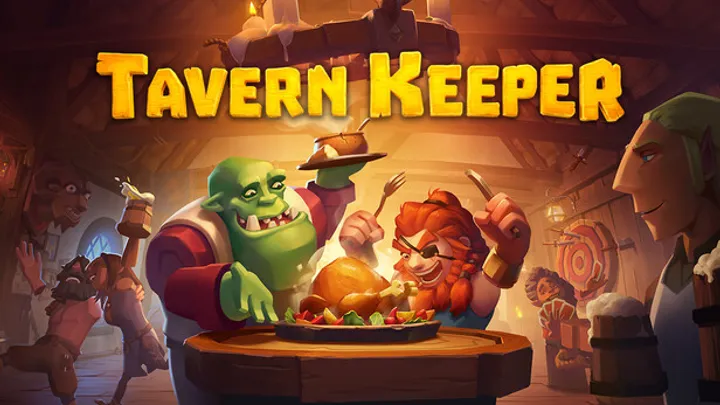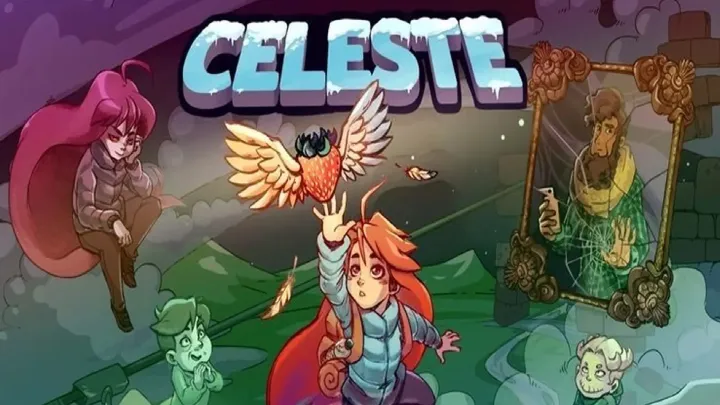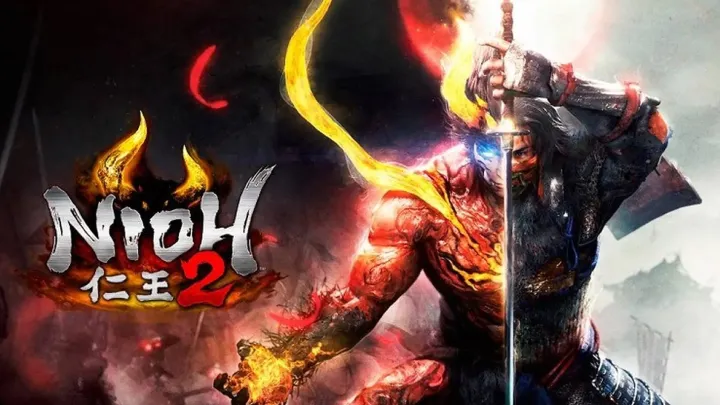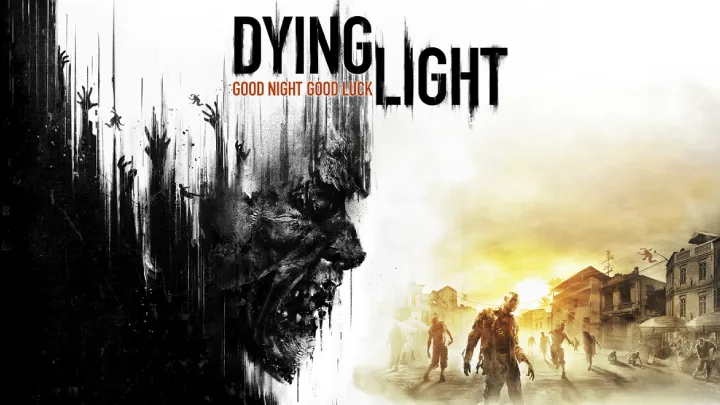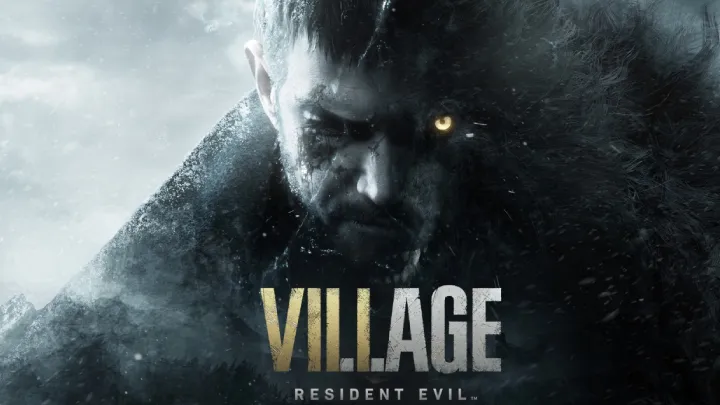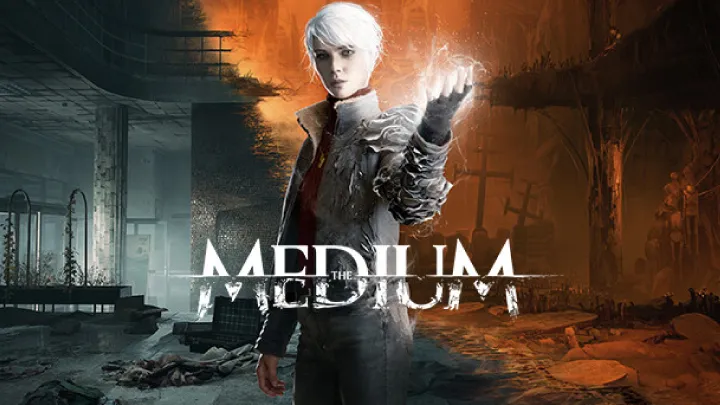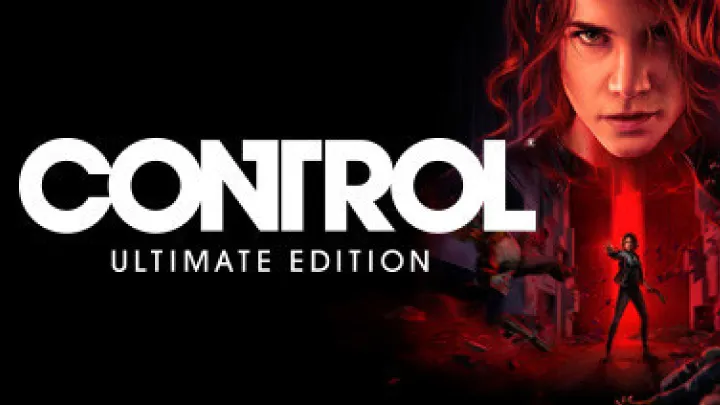
Control: Ultimate Edition, developed by Remedy Entertainment, is a masterful blend of psychological horror, action, and narrative depth. The game invites players into the mysterious world of the Federal Bureau of Control (FBC), a government agency tasked with investigating and containing supernatural phenomena. At the heart of Control is a profound exploration of reality, perception, and the human experience. This article delves deep into the specific issue of reality and perception in Control: Ultimate Edition, examining how the game challenges players’ understanding of truth and identity through its narrative, environments, and gameplay mechanics.
The Setting: The Federal Bureau of Control
The FBC headquarters, known as the Oldest House, serves as both the game's primary setting and a character in its own right. This brutalist skyscraper, filled with shifting architecture and inexplicable phenomena, sets the stage for the exploration of reality and perception.
The Oldest House: A Living Entity
The Oldest House is not merely a backdrop; it is a labyrinthine structure that embodies the surreal and the uncanny. Its ever-changing nature reflects the instability of reality within the game. As players traverse its halls, they encounter spaces that defy the laws of physics, creating a sense of disorientation that parallels the protagonist's internal struggle.
The Architectural Symbolism of Control
The architectural design of the Oldest House symbolizes the bureaucratic nature of the FBC and the rigid systems of control it represents. The stark, oppressive environment serves as a manifestation of the themes of surveillance and authority, prompting players to question the nature of control and the forces that govern their reality. The building itself becomes a reflection of the psychological state of its inhabitants, showcasing the interplay between environment and identity.
The Protagonist: Jesse Faden's Journey
Jesse Faden, the game's protagonist, embarks on a quest to find her missing brother, Dylan, while also navigating the complexities of her newfound role as the Director of the FBC. Her journey is not only about uncovering the mysteries of the Oldest House but also about confronting her own identity and perception of reality.
The Search for Identity
At the beginning of the game, Jesse is portrayed as a determined yet troubled individual. Her quest for her brother and her struggle to understand her abilities represent a broader search for identity. As she delves deeper into the mysteries of the FBC, Jesse confronts her past and the trauma associated with it, forcing her to reevaluate her perception of herself and her place in the world.
The Role of Trauma
Jesse's traumatic experiences, particularly the events surrounding her childhood and her connection to the paranormal, shape her identity. Throughout the game, she grapples with the impact of these experiences on her understanding of reality. The narrative invites players to consider how trauma influences perception and self-identity, emphasizing the psychological depth of Jesse's character.
The Nature of Reality: The Uncanny and the Unexplained
Control: Ultimate Edition masterfully weaves themes of the uncanny and the unexplained into its narrative, challenging players' perceptions of reality. The game blurs the lines between the ordinary and the extraordinary, creating a sense of disorientation that reflects Jesse's journey.
The Uncanny Valley
The game frequently employs elements of the uncanny—situations or objects that are familiar yet unsettling. This is evident in the various supernatural phenomena encountered throughout the Oldest House, such as objects of power and altered items. These elements evoke a sense of unease, prompting players to question the nature of reality and the limits of human understanding.
Examples of the Uncanny
- Objects of Power: Items like the jukebox that plays a specific song when interacted with add a layer of mystery and intrigue, blurring the line between the mundane and the supernatural.
- Altered Items: These everyday objects that exhibit strange behaviors challenge players' perceptions of reality, forcing them to confront the unknown.
The Fluidity of Reality
The dynamic nature of the Oldest House reinforces the theme of fluid reality. As players progress, they encounter environments that shift and change, reflecting Jesse's evolving perception. This fluidity creates a sense of instability, mirroring the psychological turmoil that Jesse experiences as she navigates her identity and the mysteries of the FBC.
The Role of Supernatural Phenomena: Shaping Perception
Supernatural phenomena in Control: Ultimate Edition serve as catalysts for exploring the nature of perception and reality. These phenomena challenge characters' understanding of the world and force them to confront their beliefs.
Paranormal Events as Metaphors
The various supernatural events in the game can be interpreted as metaphors for the struggles individuals face when grappling with their realities. Jesse's encounters with these phenomena often reflect her internal conflicts, illustrating how perception can be influenced by external forces. For instance, her visions and nightmares are manifestations of her fears and unresolved trauma, prompting her to confront her past.
The Impact of the Unknown
The presence of the unknown plays a significant role in shaping perception. Characters in Control must navigate a world filled with uncertainty, leading to moments of introspection and self-discovery. This theme resonates with players, inviting them to consider how their own perceptions are shaped by experiences and the unknown aspects of life.
The Power of Memory: Shaping Identity and Reality
Memory is a central theme in Control: Ultimate Edition, influencing both Jesse’s identity and her perception of reality. The game explores how memories shape selfhood and how they can be manipulated or distorted.
The Role of Memory Fragments
Throughout the game, players encounter memory fragments that provide insights into Jesse's past and the history of the FBC. These fragments serve as a means of reconstructing identity, allowing players to piece together the narrative and understand the motivations behind characters’ actions.
Examples of Memory Exploration
- Collectible Documents: Players can find documents that detail the experiments conducted by the FBC, revealing the organization's history and its impact on reality.
- Flashbacks: Jesse experiences flashbacks that offer glimpses into her childhood and her connection to her brother, deepening the emotional resonance of her journey.
The Connection Between Memory and Identity
The game illustrates how memories can be both empowering and debilitating. Jesse’s struggle to reconcile her memories with her present identity reflects the broader theme of how individuals navigate the complexities of selfhood. The manipulation of memory by the FBC raises questions about the nature of reality, prompting players to consider how memories shape their perceptions and identities.
Agency and Control: The Illusion of Choice
In Control: Ultimate Edition, players are often faced with choices that challenge their agency and the illusion of control. The game’s narrative structure invites players to reflect on the impact of their decisions and the extent to which they shape Jesse's identity.
The Illusion of Choice
While players are presented with choices throughout the game, the narrative ultimately guides them toward specific outcomes. This structure raises questions about the nature of agency and whether true autonomy exists within the confines of a predetermined narrative. As Jesse navigates the challenges of the FBC, players must grapple with the implications of their choices and the illusion of control.
The Impact of Agency on Identity
The struggle for agency is a central theme in Jesse's journey. As she confronts the forces that seek to control her, she must also navigate her own desire for autonomy. The game emphasizes that identity is shaped not only by external circumstances but also by the choices individuals make in response to those circumstances.
The Climax: Identity in Crisis
As the narrative reaches its climax, Jesse faces a confrontation that forces her to reckon with her identity and the choices she has made throughout the game.
The Showdown with the Board
The encounter with the Board represents a culmination of Jesse’s struggles with identity and agency. This confrontation challenges her to confront the very forces that have sought to manipulate her and define her reality. The emotional weight of this showdown underscores the themes of control and self-discovery.
The Emotional Resolution
As Jesse battles the Board, players witness her evolution from a passive participant in her own story to an active agent who asserts her identity. This moment encapsulates the essence of her journey, highlighting the importance of self-acceptance and the struggle for agency in a world filled with chaos.
Embracing Identity in the Aftermath
The resolution of the conflict allows Jesse to embrace her identity in a new light. She emerges not only as a skilled director of the FBC but as a character who understands the complexities of her past and the potential for her future. This evolution emphasizes the theme that identity is multifaceted and ever-changing, shaped by experiences, choices, and the relationships forged along the way.
The Aftermath: Reflecting on Identity and Agency
Following the climax, Control: Ultimate Edition encourages players to reflect on Jesse's journey and the broader implications of identity and agency. The aftermath invites players to consider the impact of their choices on both the protagonist and the world around her.
The Legacy of Jesse Faden
Jesse’s journey in Control serves as a powerful narrative about self-discovery and the complexities of identity. Her evolution from a fragmented self to a character who embraces her past illustrates the transformative power of experience and choice.
A Call for Reflection
The game invites players to consider their own journeys of self-discovery and the identities they forge. By engaging with Jesse’s story, players are prompted to reflect on their values, choices, and the connections that shape their lives.
Community Reception: Engaging with Themes of Identity
The release of Control: Ultimate Edition has sparked discussions within the gaming community regarding its exploration of identity and agency. Players have shared their interpretations of the game’s themes, reflecting on the narratives that resonate with them.
Positive Feedback on Character Development
Many players have praised the game for its nuanced exploration of character development and moral dilemmas. Jesse’s internal struggles resonate with individuals who have faced similar conflicts in their lives, making her journey relatable and impactful. The game’s ability to tackle complex themes within an engaging narrative has garnered significant acclaim.
Critiques and Calls for Depth
Conversely, some players have expressed a desire for even deeper explorations of identity and agency. While the game offers a rich narrative, there is an acknowledgment that the complexities of identity cannot be fully captured in a single story. This feedback emphasizes the need for ongoing conversations about identity in gaming and the importance of representation.
Conclusion: The Enduring Impact of Identity and Agency in Control: Ultimate Edition
Control: Ultimate Edition presents a profound exploration of identity and agency through the journey of Jesse Faden. By navigating the complexities of selfhood, memory, relationships, and choice, Jesse emerges as a character who embodies resilience and growth. The game’s rich narrative invites players to reflect on their own identities and the journeys they undertake in search of self-understanding. As the gaming industry continues to evolve, the themes presented in Control will undoubtedly resonate with future narratives, reinforcing the importance of exploring the intricate connections between identity, agency, and the fight for autonomy.




